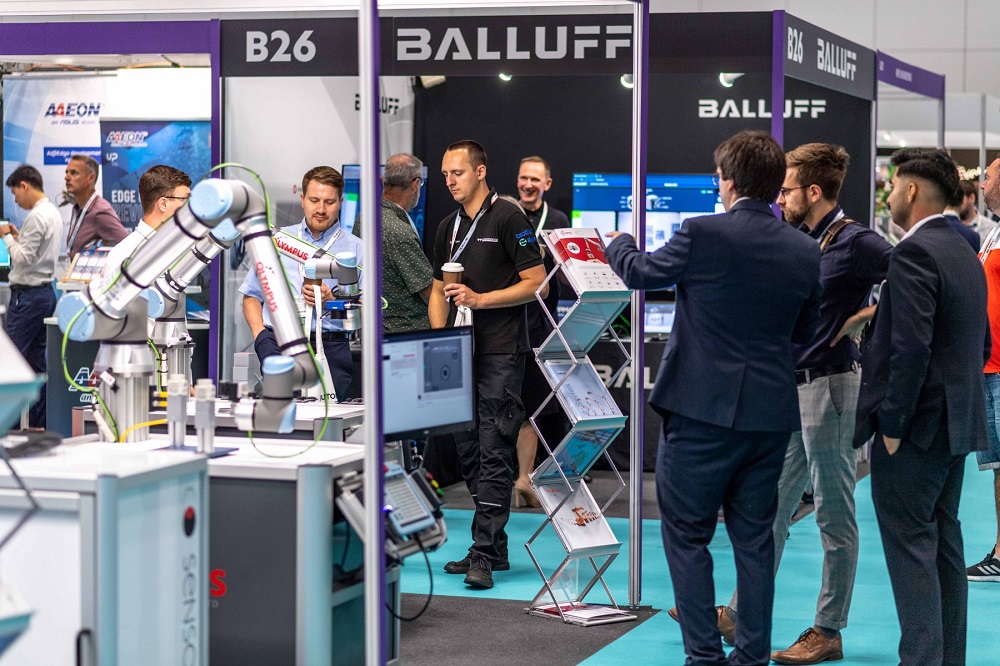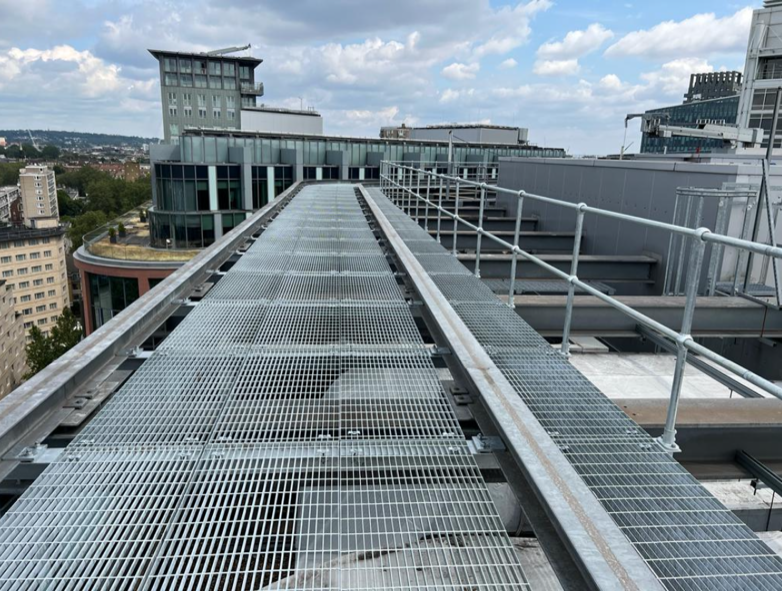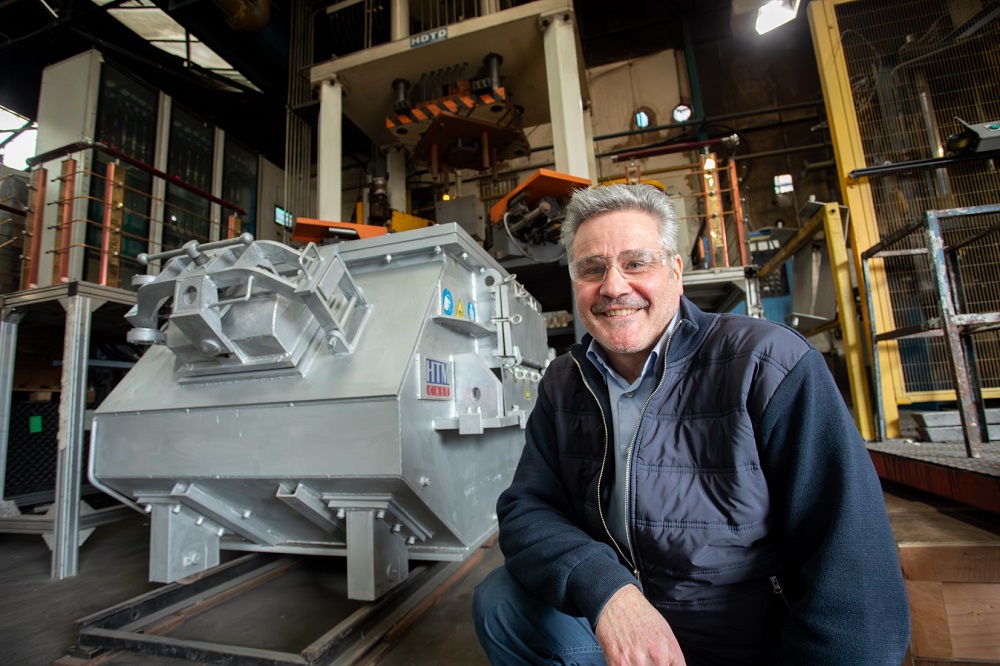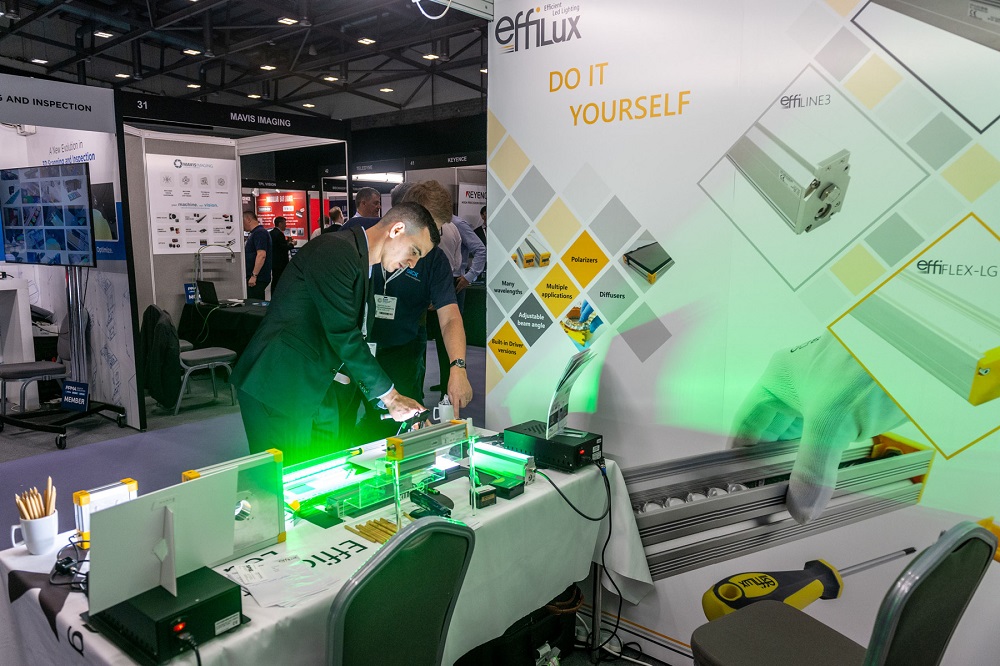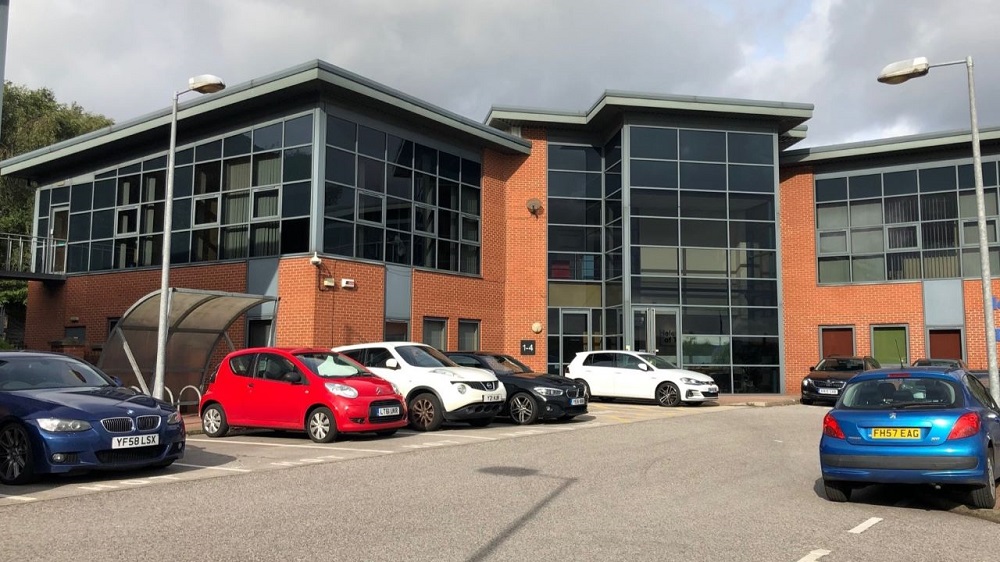Machine Vision Conference 2024 is shaping up to be another successful event. Now in its 8th year, the Machine Vision Conference (MVC) takes place at the CBS Arena in Coventry on 18-19 June, featuring a range of state-of-the-art solutions from leading companies. The core purpose of MVC is to promote the use of image processing technology, educate visitors about innovative new processes and assist businesses in finding new technologies that can help them to improve processes and reduce operating costs.
This annual event is content-packed with networking opportunities, live demonstrations and knowledge-sharing, making it suitable for existing machine vision users and engineers, as well as educating those new to machine vision technology.
MVC 2024 will be one of the best two-day conference and exhibition yet, with visitors expected to immerse themselves in the latest developments and innovations. In addition, the seminar programme, featuring some of the industry’s most knowledgeable experts, will make it hard for visitors to decide which thought-provoking presentations to attend.
The conference has a reputation for attracting an array of businesses, the top five visitor company types in 2023 were OEM, vision solutions provider, end user, machine vision manufacturer and distributor, and academic. Last year, some of the visitors included: Airbus, BMW, Jaguar Land Rover, Mercedes AMG F1, Mitsubishi Electric, Nissan, Panasonic, Rolls-Royce, Siemens, Sony andTata Technologies.
MVC is once again co-located alongside Automation UK, organised by the British Automation and Robot Association (BARA), providing visitors to MVC 2024 the added benefit of being to discover the latest in automation and robotics, all under one roof.
For further information www.machinevisionconference.co.uk






